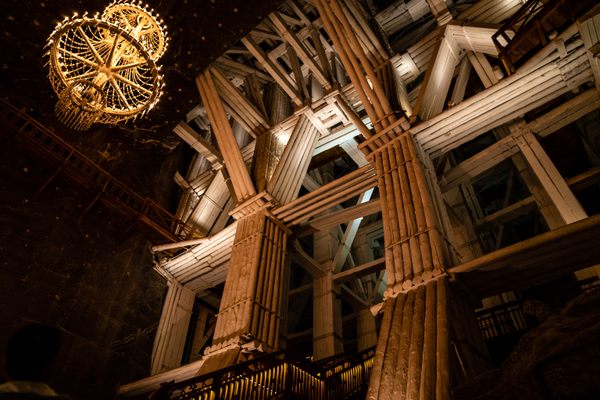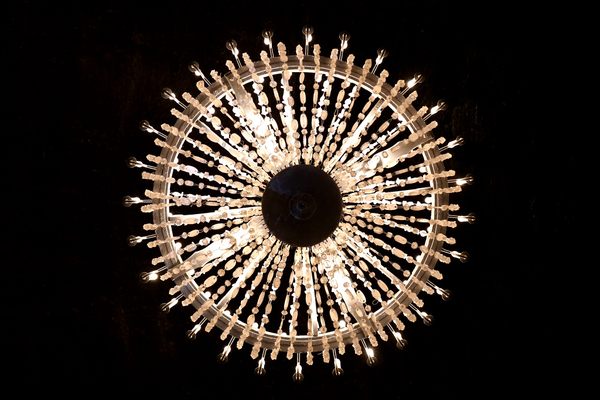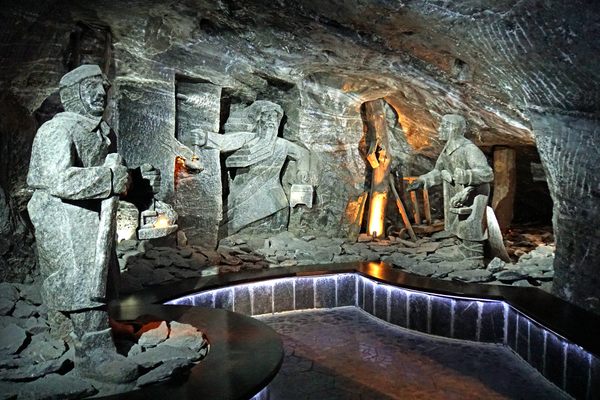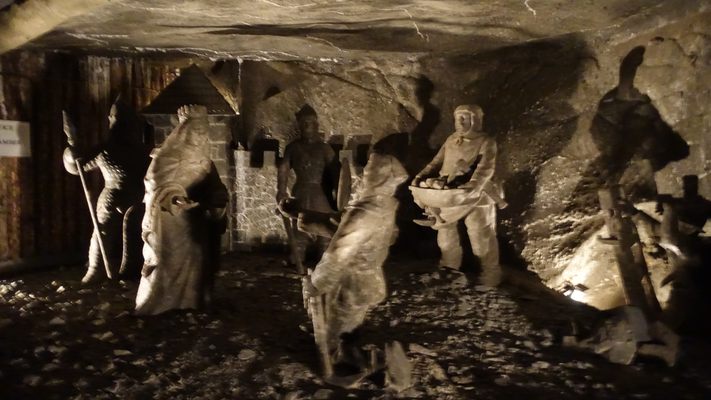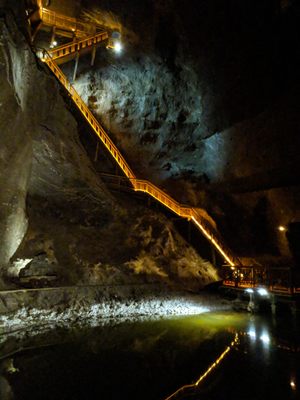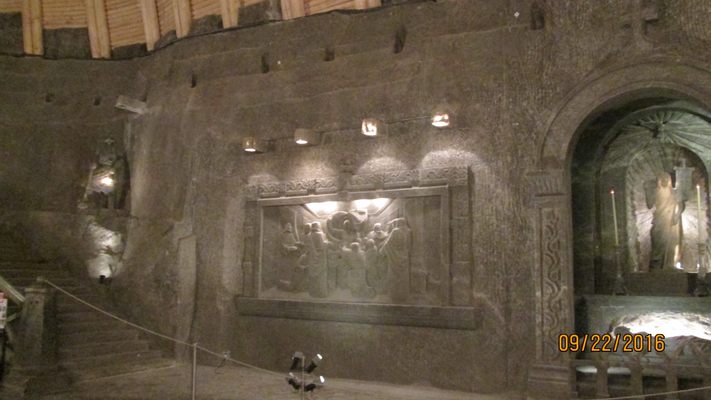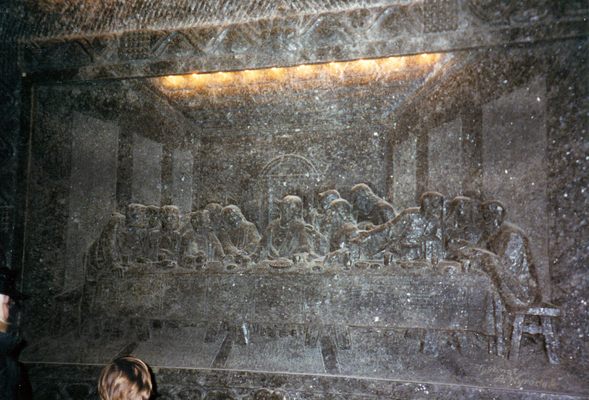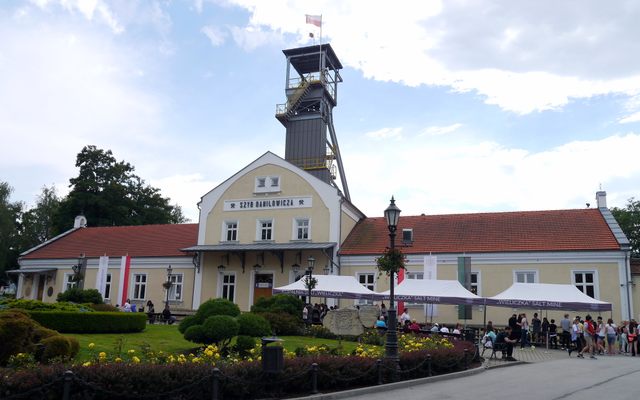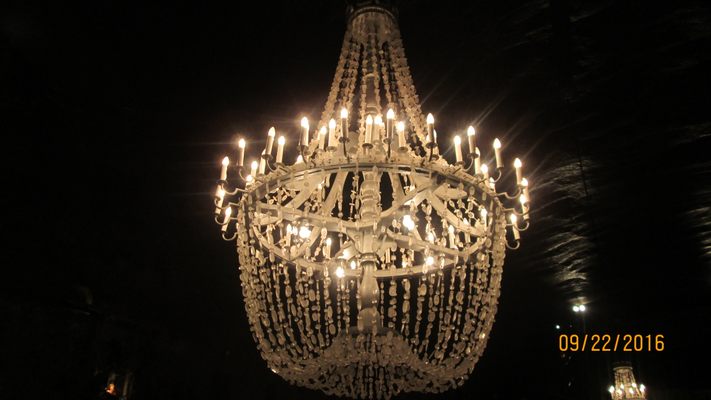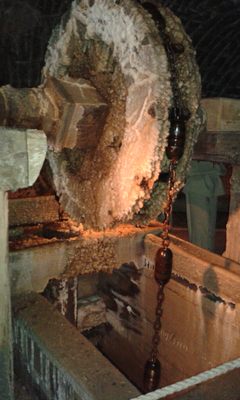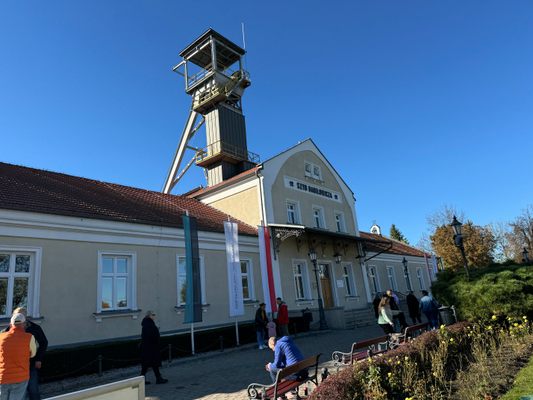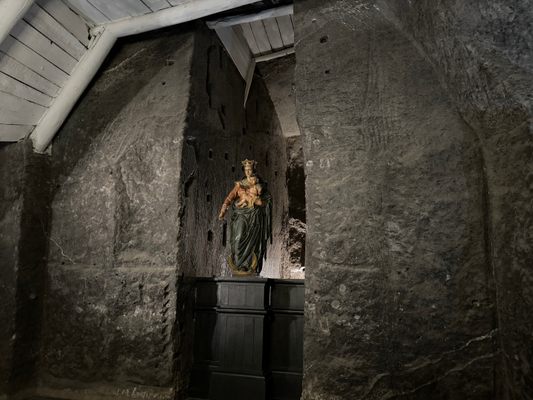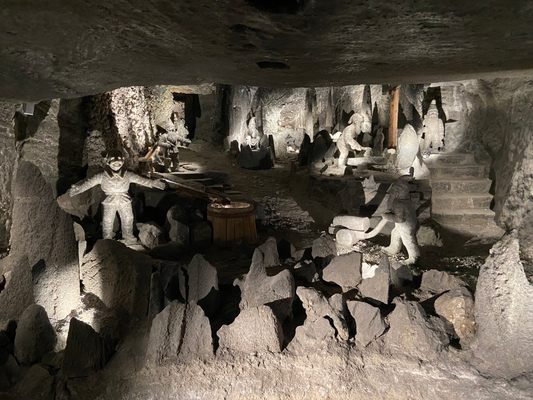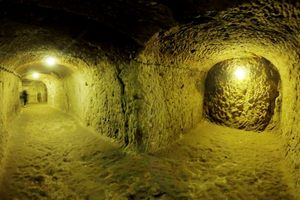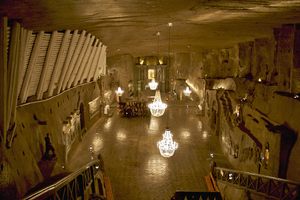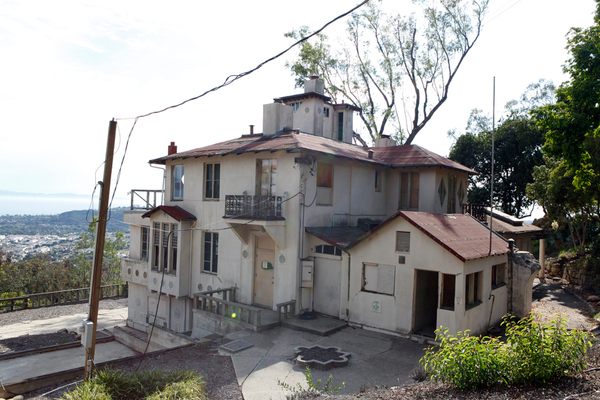About
The Wieliczka Salt Mine in Poland is the epitome of technological human progress. The beginnings of the current mine are believed to have been primitively excavated after the discovery of a rock salt deposit in ancient times. In the middle ages, salt became recognized as one of the most important staples in the food and preservation industry, leading to the advancement of salt mining technology and further excavation. During the Renaissance, the mine was one of the largest business ventures in Europe. It was around this time that royal tourists started to flock to the mine, lured there in part by the developing Renaissance taste for humanism and culture.
By the late 18th century, Austria gained control of the mine and brought new forms of organization, as well as further technological advancement - many of which are responsible for the longevity of the mine. The birth of general tourism in the mine occurred during Austrian rule. In the early 1990s, the production of salt in the mine ceased, and after the mine flooded, the importance of preservation was reestablished.
Despite the mine's remarkable history, it is the miner artwork (and later artwork by others) that brings over a million tourists to the Wieliczka Salt Mine each year. The miners slowly turned the mine from a dark cave into a majestic royal location. By the 19th century, giant salt-crystal chandeliers lighted the underground complex. Striking salt-carved monuments and reliefs decorated chambers available to tourists, resulting in Europe-wide fame. In the early 1900s, the Kinga Chapel was formed, a chamber filled with large biblical reliefs. Nowadays, tourists from all over the world are guided through the bizarre labyrinthine tunnels of the mine, astonished by the beautifully detailed sculptures, chapels, and even a restaurant as they relive over a thousand years of salty history.
In recent years, the mine has been touted for its health benefits. The atmosphere inside is said to be excellent for those suffering from a number of types of respiratory illnesses, and guests can now stay at a special health center/resort there.
The Wieliczka Salt Mine is one of the world's oldest salt mines still in operation. In 1978, the mine was inscribed on UNESCO's World Heritage List.
Related Tags
Community Contributors
Added By
Published
June 5, 2012
